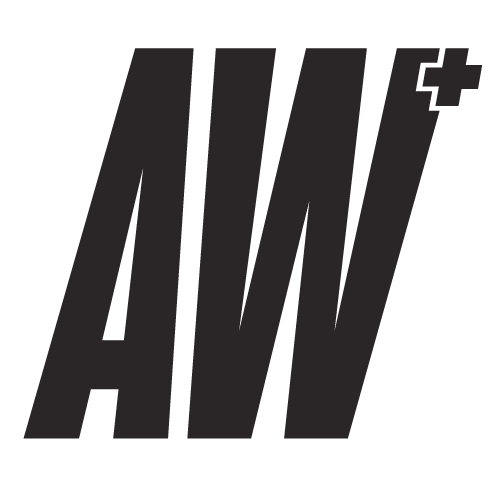Sports marketing leaders from State Farm, the Golden State Warriors, the NBA and more will join ADWEEK Brand Play on May 9 to unpack the trends, techniques and tools you need to break into the space. Register for your virtual pass.
The summer of 2020 ushered in more than a life-shifting pandemic. At the time, the murder of George Floyd was considered the mark of collective reckoning, a definitive tipping point as multiple industries honestly and, in many cases, publicly reevaluated their tacit participation in systemic racism.
While protesters across the globe demanded equal and just treatment towards Black civilians, Corporate America made hefty promises to make better strides in inclusion for both professionals and consumers.

WORK SMARTER - LEARN, GROW AND BE INSPIRED.
Subscribe today!
To Read the Full Story Become an Adweek+ Subscriber
Already a member? Sign in

